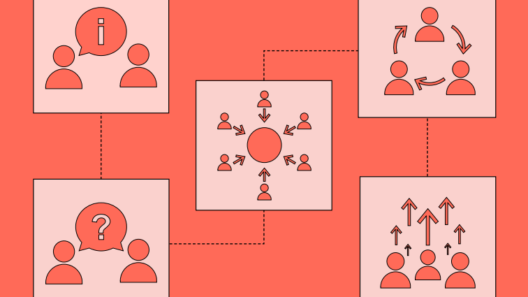Participatory and inclusive data stewardship
How to involve people in the governance of their data

Project background
Ensuring data and data-driven systems work for people and society requires developing robust guidance and shared processes for data governance. This goes beyond narrower proposals for the use of data intermediaries (providers of data-sharing services, such as data trusts or data cooperatives) to encompass anyone managing data with implications for people and society. This could range from advocacy organisations collecting data from the communities they seek to support to businesses collecting, managing and using data for profit.
It is vital people in these roles are equipped with the knowledge and methods to design and develop systems that take into account the needs of the people whose data underpins them. And that these systems and resources are both developed in collaboration with people affected by data-driven technologies.
There is currently no authoritative guidance on how to conduct this participatory and inclusive data stewardship. This project aims to fill that gap by documenting existing research and case studies, developing communities of practice and creating a collaborative toolkit for real-world use, including critical contexts of justice, equity and inclusion.
This is a partnership project with the Digital Good Network and the Liverpool Civic Data Cooperative. The first part of this project, a landscape review, will led by the Ada Lovelace Institute.
Project aims
The landscape review will take in the different types of participatory mechanisms, both in development and in use, and innovations taking place in this field. The scope of this review will be global.
The following research questions will guide the landscape review:
- What are the current conditions across the ecosystem of participatory and inclusive data stewardship?
- Where are the similarities and differences across organisations interested in, or working on participatory and inclusive data stewardship?
- How effective are various mechanisms for participatory and inclusive data stewardship?
Image credit: SolStock
Project publications

Participatory and inclusive data stewardship
A landscape review
Related content

The political economy of data intermediaries
How do we build data institutions and intermediaries that work for everyone?

Participatory data stewardship
A framework for involving people in the use of data

Exploring legal mechanisms for data stewardship
A joint publication with the AI Council, which explores three legal mechanisms that could help facilitate responsible data stewardship